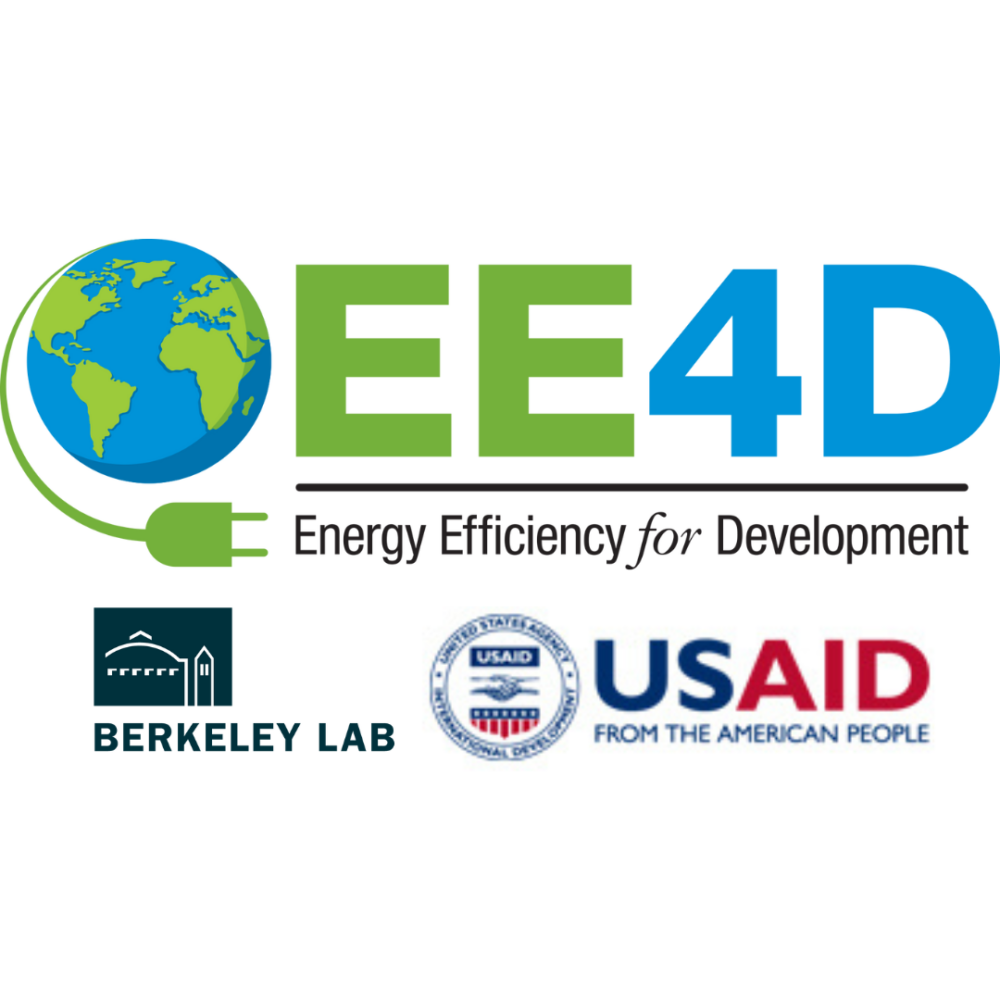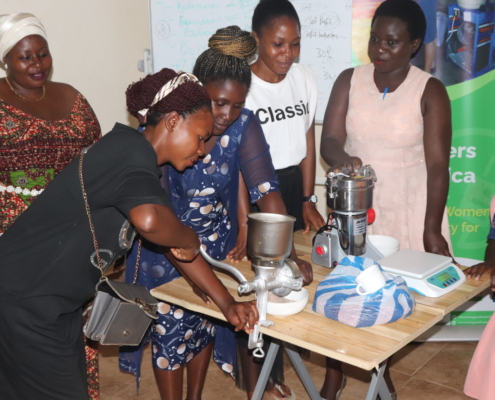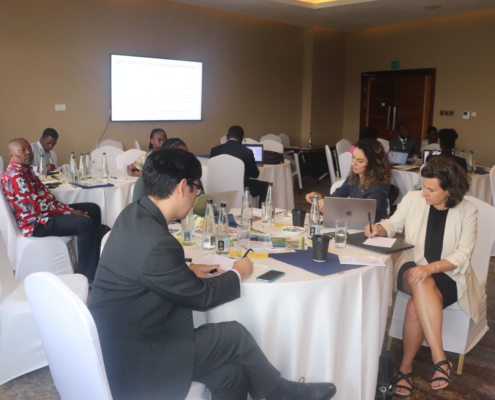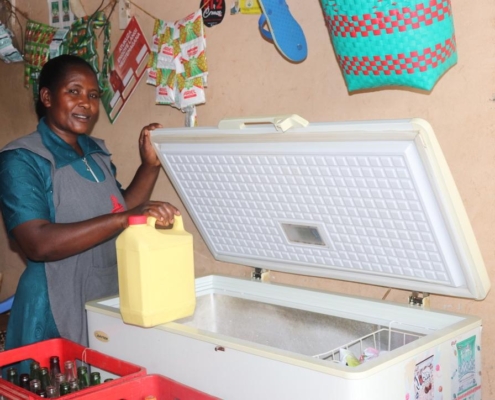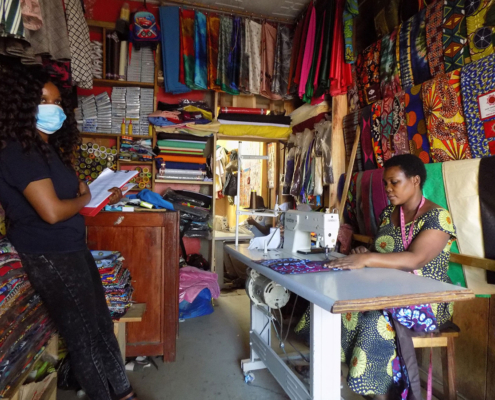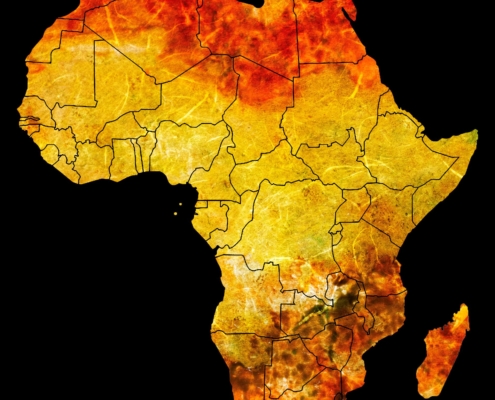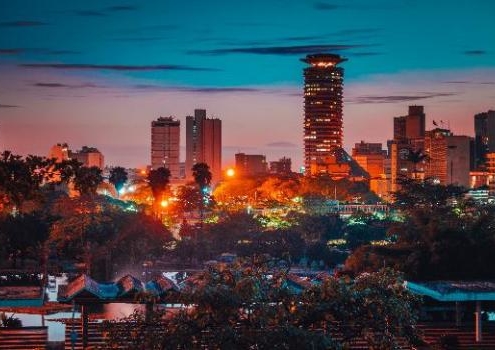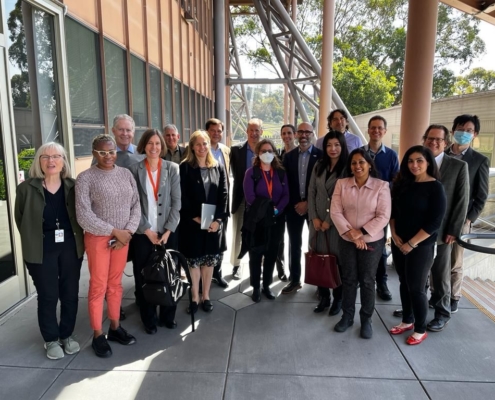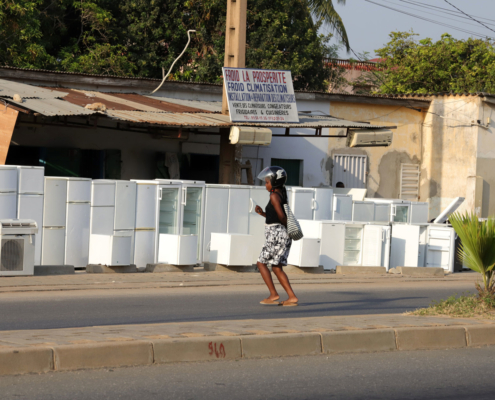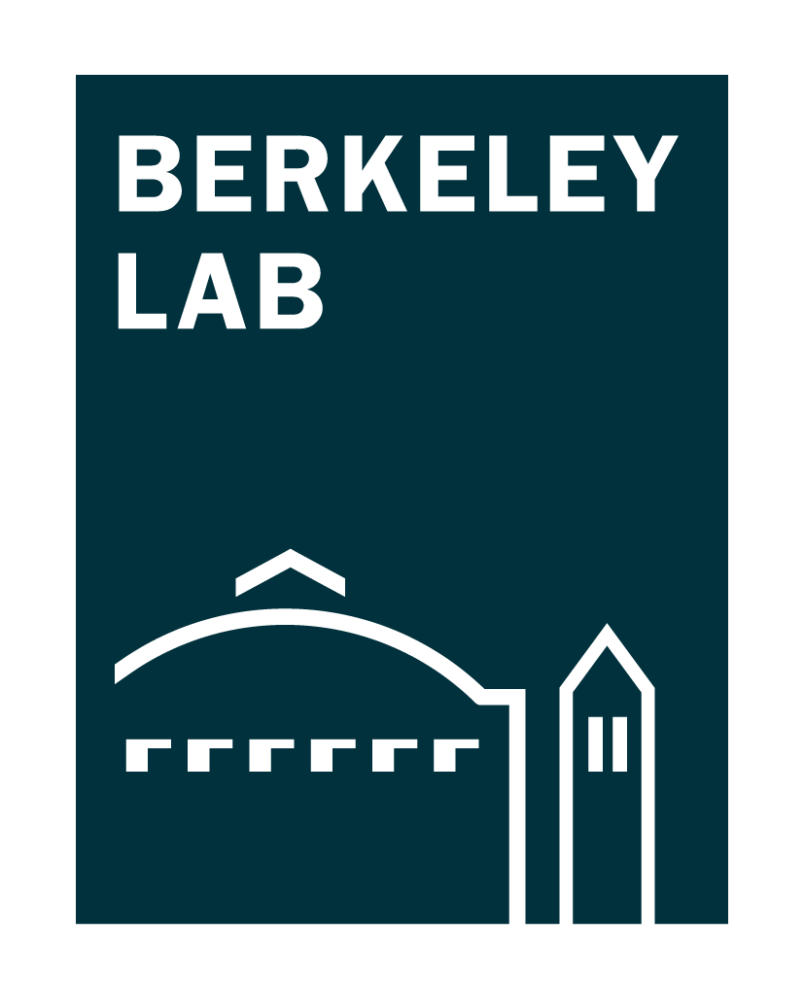 https://ee4d.org/wp-content/uploads/sites/40/2024/03/Screenshot-2024-03-06-at-9.48.26 AM.png
1190
2842
maryweigel
https://ee4d.org/wp-content/uploads/sites/40/2024/04/Untitled-design-1000x1000.png
maryweigel2024-03-06 17:49:082024-03-15 16:34:38Watch: Virtual Launch of Uganda’s Efficient Productive Use of Energy Chapter
https://ee4d.org/wp-content/uploads/sites/40/2024/03/Screenshot-2024-03-06-at-9.48.26 AM.png
1190
2842
maryweigel
https://ee4d.org/wp-content/uploads/sites/40/2024/04/Untitled-design-1000x1000.png
maryweigel2024-03-06 17:49:082024-03-15 16:34:38Watch: Virtual Launch of Uganda’s Efficient Productive Use of Energy ChapterEmpowering women through energy: USAID and Berkeley Lab’s initiative in East Africa
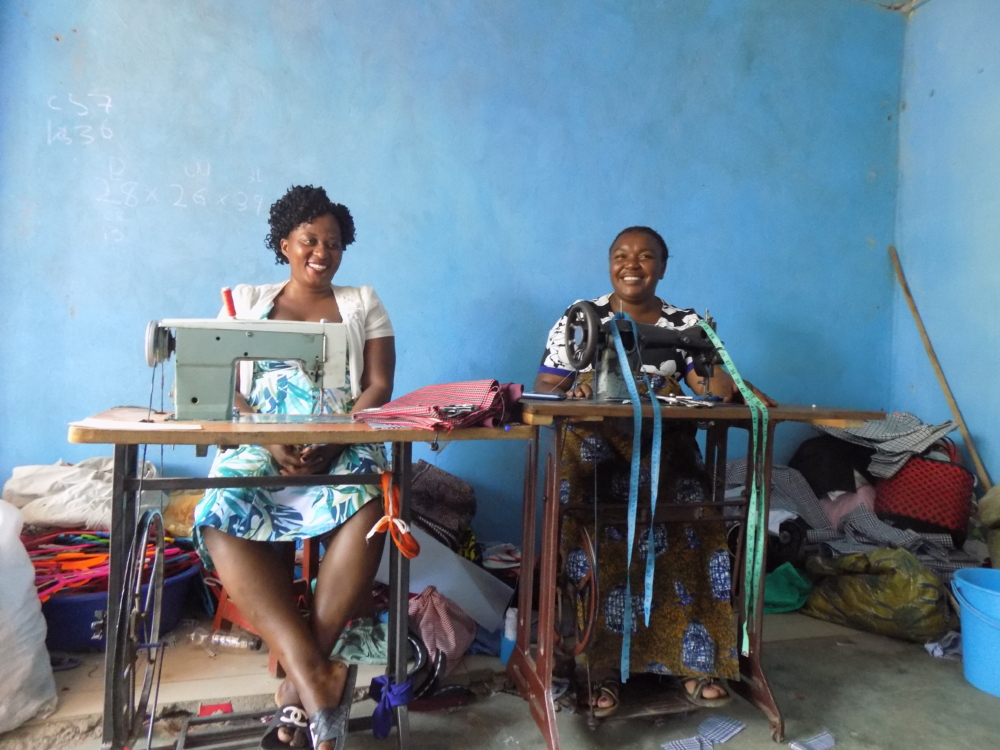
Energy Empowers East Africa (EEEA) is a joint effort of USAID- Berkeley Lab, designed to empower women to develop and expand income-generating activities by providing training, shared experiences, and improving access to efficient and productive electric equipment (PUE). The program focuses on increasing the efficient productive use of energy in small and medium-sized enterprises run by women.
This program aims to increase the inclusion of women in electrification programs throughout East Africa, beginning with Uganda, as the project pilot in year 1.
Background Survey Work
In collaboration with USAID, and the local implementing partner in Uganda, Clean Energy Enthusiasts (CEE), LBNL has been undertaking a series of activities in 2022-2023 to increase the inclusion of women in electrification programs, through understanding and creating opportunities for efficient and productive use of energy in business settings. In the first half of the project, the team focused on building tools and undertaking a participatory survey in 8 districts in the country to capture baseline data on the state of electrification and electricity access in women-run business premises.
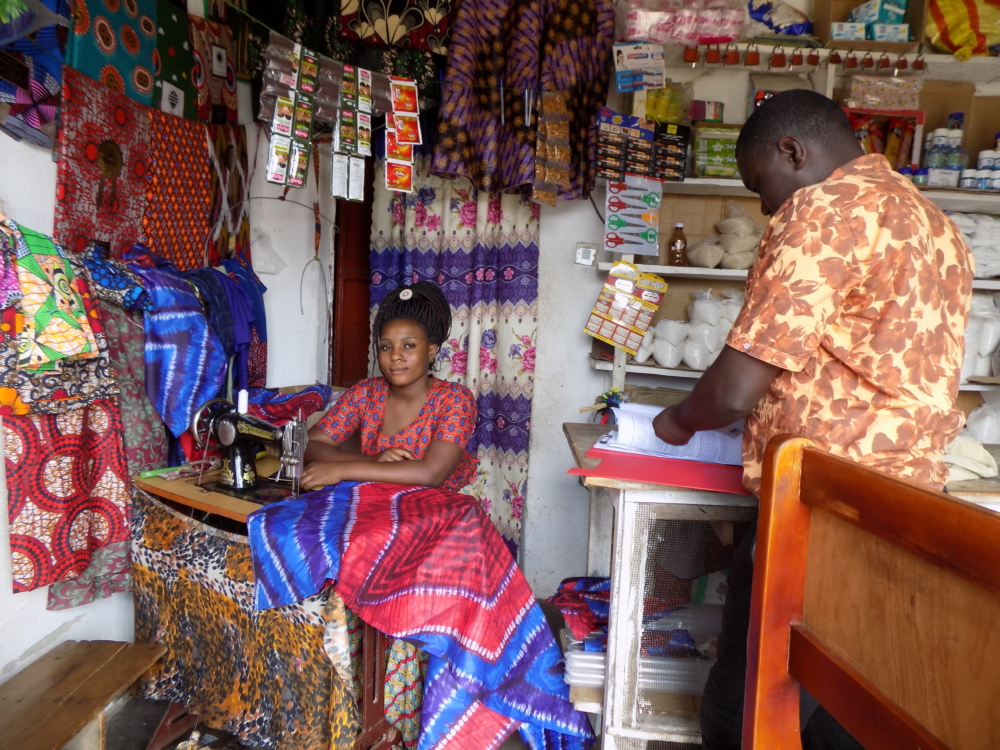 After undertaking an identification study in the country, a series of focus group discussions capturing the local perspective, the team conducted the survey involving:
After undertaking an identification study in the country, a series of focus group discussions capturing the local perspective, the team conducted the survey involving:
- 578 participants (small-medium, women-owned businesses in urban and peri-urban areas) across 8 districts in Uganda
- 38 financial institutions to understand challenges and opportunities in the access to finance component
- 22 local vendors to understand market constraints and opportunities for PUE equipment.
Activities
Capacity Building
Data and insights from the survey drove the second phase of the project implementation, the project team developed customized training materials and presentations. Training were attended by 30 participants per district accounting for 241 trained businesswomen in total. The goal here is to build women’s capacity to develop income-generating activities by using efficient and productive electric equipment and by creating women’s self-help networks. Trainings are a week long and include demonstration of efficient electric equipment, group discussions, handholding exercise on business plan development, site visits, and presentations from special guests on success stories.
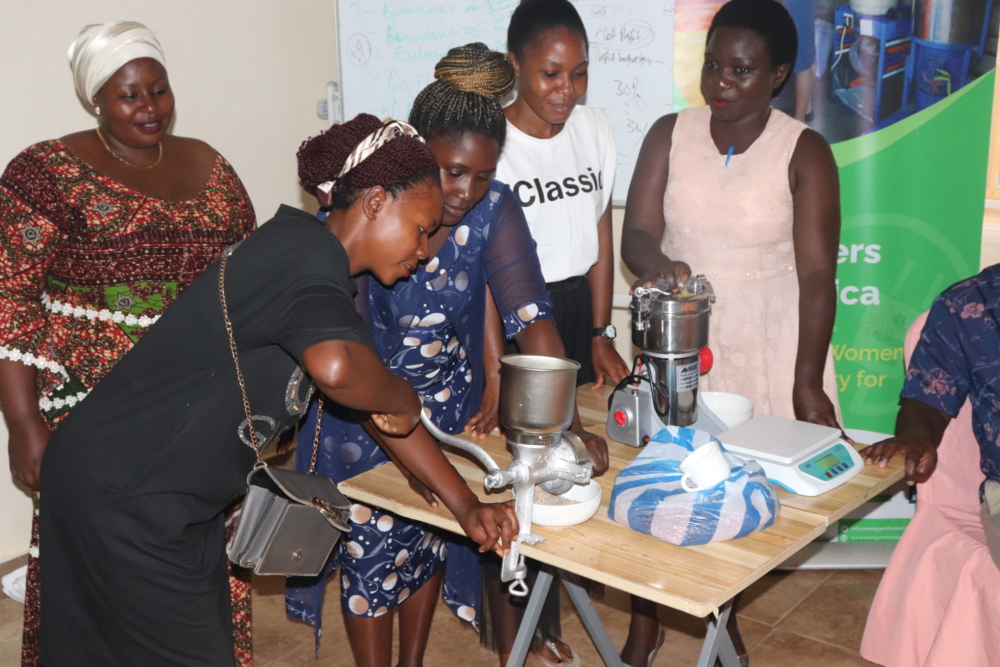
Matchmaking Events
The team also organizes matchmaking events to provide the opportunity to bring together women entrepreneurs, financing houses, equipment vendors, utility officers, government officials from the Ministries of Gender and Energy, women groups associations, and entrepreneurial support programs. These events provide a venue for women entrepreneurs to find resources and present their business plans to financing institutions to help them grow their businesses. The program also offers small grants as seed funding for investment in efficient and productive equipment.
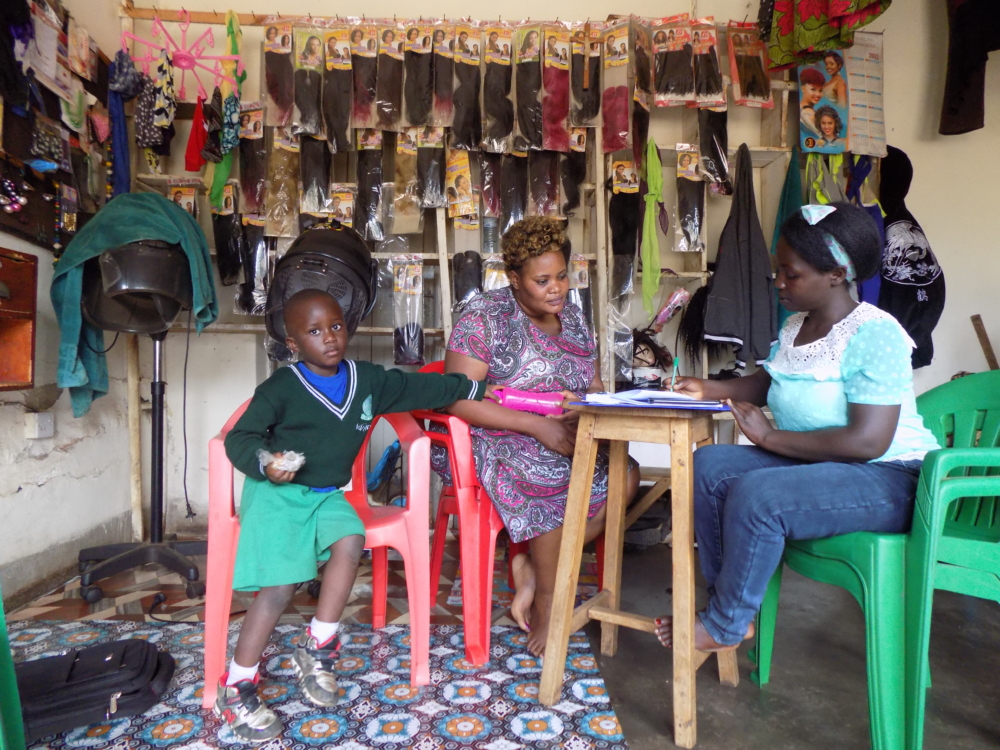
National Campaign
The team started the third phase of the project implementation, developing a national campaign to support women to use electricity in their businesses to generate income.
USAID and LBNL co-organized a national workshop with the Ministry of Energy and Mineral Development of Uganda in Kampala on July 27th. The workshop centered around the themes of Productive Use of Electricity (PUE), Energy Efficiency, and Gender Equality, addressing critical energy challenges and opportunities at a country level. More than 85 diverse stakeholders participated, including representatives from ministries, government agencies, private sector entities, non-governmental organizations, financial institutions, and local communities. Participants actively explored potential pathways to enhance the efficient and productive use of energy, with the goal of increasing energy usage, stimulating demand and economic growth, and improving livelihoods. The workshop was held at a pivotal time for Uganda, as it revised the Energy Efficiency and Conservation Bill, and it proved to be a catalyst for fostering knowledge exchange and collaboration, inspiring the development of actionable points to optimize the benefits of electricity utilization in productive sectors. Furthermore, it laid the groundwork for formulating a national PUE strategy to effectively leverage both on grid and off grid electricity resources in innovative ways.
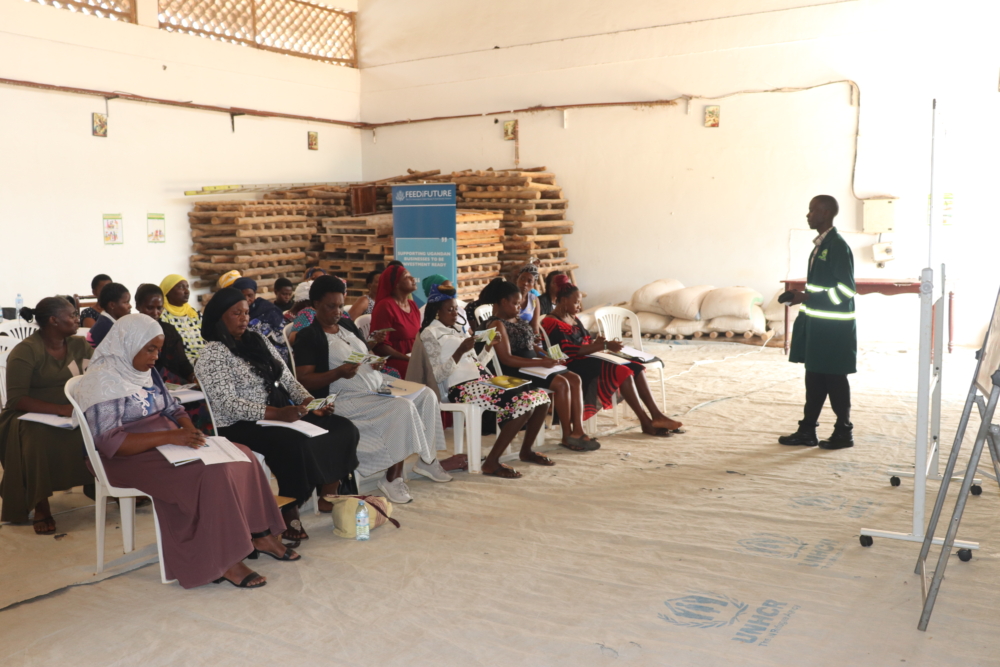
Resources
Visit EEEA’s website, which serves as a repository of the work the USAID, Berkeley Lab, and Clean Energy Enthusiasts (CEE) are doing in East Africa on the Efficient and Productive Use of Electricity.
Read EEEA’s Fact Sheet for a quick, shareable run down on EEEA’s goals and activities.
Review EEEA’s Survey Results to learn more about the research informing EEEA’s goals and activities.
